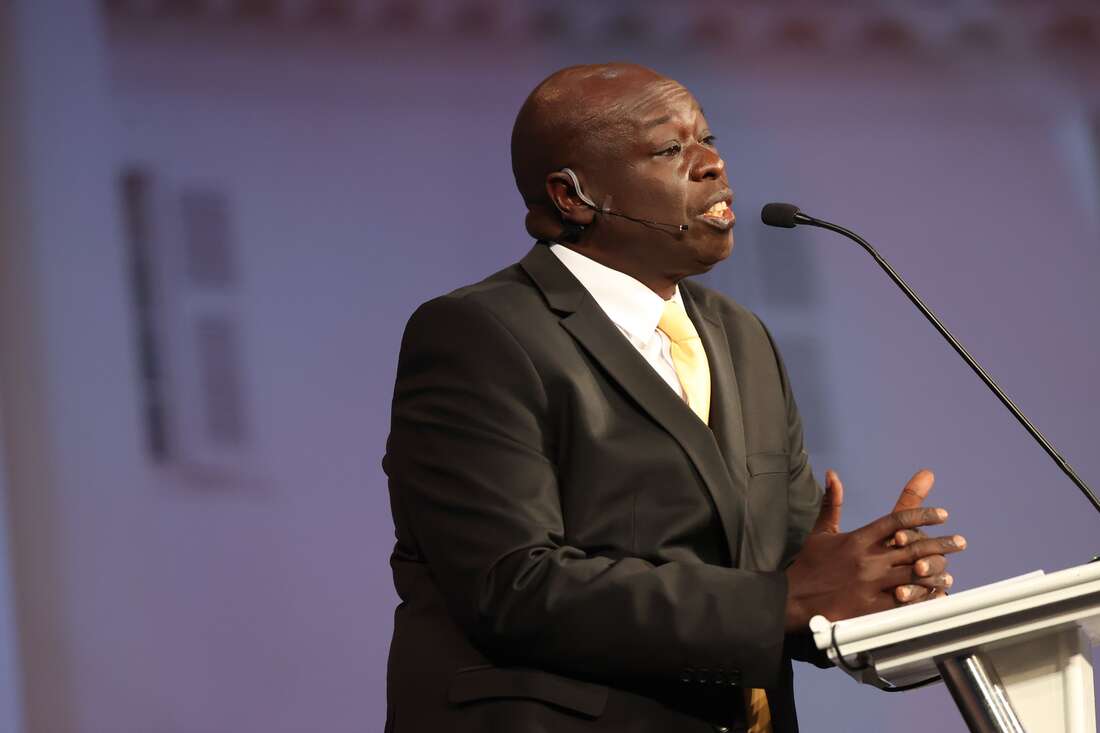Treasury CS Ukur Yatani has blasted Deputy President Rigathi Gachagua and Nandi Senator Samson Cherargei for claiming the current administration found only Sh93 million in the public coffers.
Yatani said the allegations by Gachagua and Cherargei immediately after President William Ruto was sworn into office that the government was broke were made out of misinformation and ignorance.
The Treasury CS clarified that the government normally raises revenue each day then uses it to fund government activities, including paying salaries and other expenditures, using the outlined timelines.
“The government does not collect money and store it in one place, keep it for one month and later distribute it after a few months or after one year,” said Yatani.

Read More
He explained that the country’s revenue is based on projections, which will be met or not and that how it finally allocates funds, including to the 47 counties, is based on how much revenue it collects.
“We don’t know whether to sympathise with the situation, because there’s a lot of misconception. Government does not collect and store money,” said Yatani at an induction ceremony for Senators in Naivasha.

Rigathi had, in a recent tv interview, claimed President Uhuru Kenyatta handed to President William Ruto a “dilapidated economy” with little cash to implement their campaign pledges within 100 days.
“We have inherited a dilapidated economy. We have found empty coffers. There is barely any money in this country and we are starting from scratch. I have asked the people of Kenya to be patient with us because we have a plan but it cannot be immediate, because we have found a bad situation in terms of the economy,” Gachagua said in an interview on NTV on Sunday.

But Yatani admitted there was a challenge in revenue collection which adversely affected what is allocated to counties and challenged the devolved units to also chip in with own revenue collection.
The Treasury CS challenged Senators to formulate legislation that will enable most county governments to deal with their huge pending wage bills that pose a danger to small businesses.


-1727286472.jpg)
-1751495006.jpg)
-1751376032.jpg)

-1751369458.jpg)
